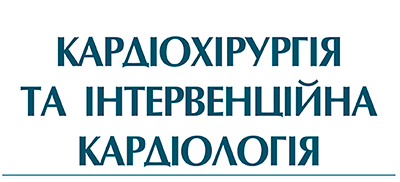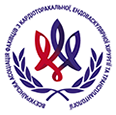Original Research
DOI: http://doi.org/10.31928/2305-3127-2018.4.1722
Relation of body mass index to postoperative atrial fibrillation
A.C. Iliescu 1, F.C. Corciova 1, I. Achitei 1, M. Floria 2, 3, G. Tinica 1, 2
1 Institute of Cardiovascular Diseases Prof. Dr. George I.M. Georgescu, Iasi, Romania
2 Grigore T. Popa University of Medicine and Pharmacy, Iasi, Romania
3 Emergency Clinical Hospital, Iasi, Romania
The aim – to identify if body mass index is one of the predictors of postoperative atrial fibrillation in patients undergoing isolated surgical aortic valve replacement.
Materials and methods. In this single center study, we evaluated 1191 patients requiring isolated surgical aortic valve replacement between January 2000 and June 2014. The patients were followed during the early postoperative period, until their discharge.
Results. Atrial fibrillation occurred in 342 patients (28.71 %). We developed a multivariate prediction model combining six variables associated with increased risk of postoperative atrial fibrillation (advanced age, body mass index, moderate tricuspid regurgitation, prolonged ventilation, longer staying in the intensive care units and dilated left atrium (≥ 35 ml/m2)) that has moderate predictive value (64.7 %). We also developed a tree decision model, also with moderate predictive value, including body mass index as a variable that influences arrhythmic risk in patients undergoing valvular aortic surgery.
Conclusion. The body mass index is an important variable influencing the postoperative outcome. It should be included in preoperative evaluating scores.
Key words: postoperative atrial fibrillation, body mass index, surgical aortic valve replacement.
| [PDF] | [References] |








